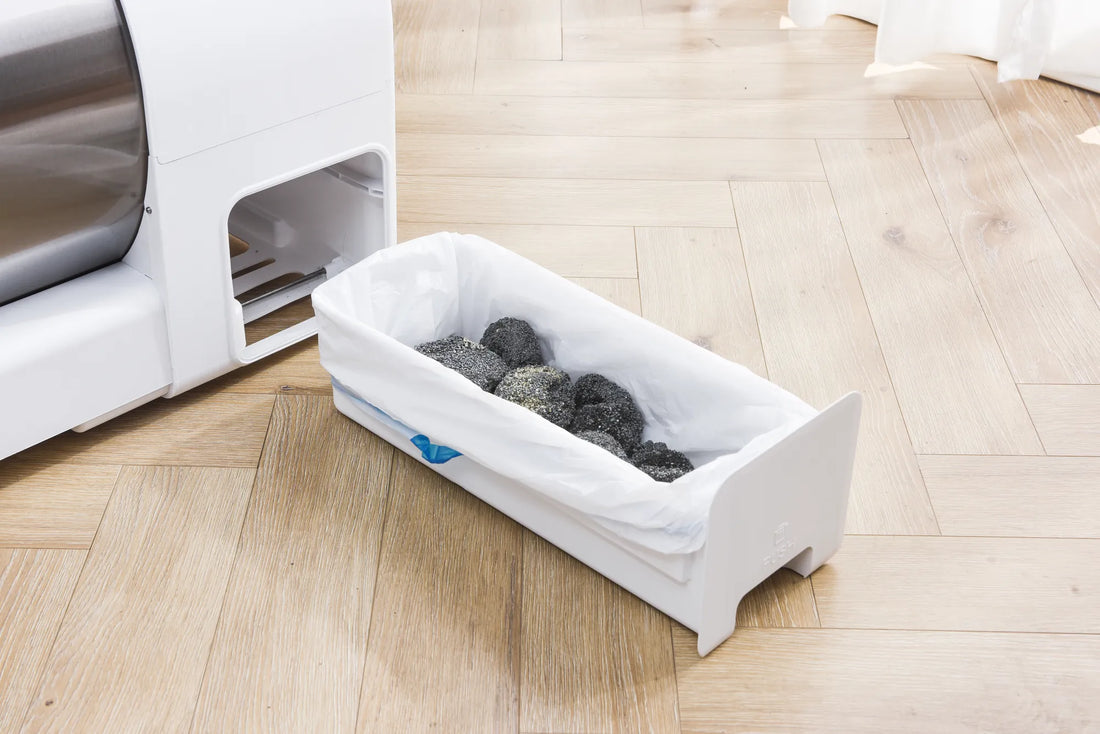If you've ever found yourself asking, 'Why would my cat be peeing outside the litter box?', you're not alone. This common feline behavior can be both frustrating and concerning for pet owners. Understanding the underlying causes is the first step toward finding a solution that works for both you and your furry friend.
Medical Issues
One of the primary reasons a cat might start peeing outside the litter box is due to medical issues. Urinary tract infections, kidney disease, diabetes, and other health problems can cause discomfort or an increased need to urinate. If your cat is experiencing pain while urinating, they may associate the litter box with discomfort and avoid it altogether.
It's crucial to consult with a veterinarian if you notice any changes in your cat's urination habits. A thorough examination and diagnostic tests can help identify any underlying health issues that need to be addressed. Early intervention can prevent more serious complications and help your cat return to their normal routine.
Stress and Anxiety
Cats are creatures of habit and can be highly sensitive to changes in their environment. Stress and anxiety are common culprits when it comes to inappropriate urination. Events such as moving to a new home, the arrival of a new pet or family member, or even changes in your daily routine can trigger stress in your cat.
To help alleviate stress, try to maintain a consistent routine and provide a safe, quiet space for your cat to retreat to. Additionally, consider using pheromone diffusers or sprays, which can help create a calming environment for your feline friend. If the stress persists, consulting with a veterinarian or a feline behaviorist may be necessary to develop a tailored plan for your cat.
Litter Box Preferences
Cats can be quite particular about their litter box preferences. Factors such as the type of litter, the size and cleanliness of the box, and its location can all influence whether your cat chooses to use it. Some cats may prefer a specific type of litter, while others may avoid a box that is too small or difficult to access.
Experimenting with different types of litter and ensuring the box is cleaned regularly can make a significant difference. Additionally, placing the litter box in a quiet, easily accessible location can encourage your cat to use it. If you have multiple cats, it's essential to provide one litter box per cat, plus an extra one, to prevent competition and ensure each cat has their own space.
Territorial Marking
Territorial marking is another reason why your cat might be peeing outside the litter box. This behavior is more common in unneutered males, but spayed and neutered cats can also exhibit it, especially if they feel their territory is being threatened. Marking is different from regular urination; it typically involves small amounts of urine sprayed on vertical surfaces.
To address territorial marking, consider spaying or neutering your cat if they haven't been already. Additionally, providing multiple litter boxes and creating a secure environment can help reduce the need for marking. If the behavior persists, consulting with a veterinarian or behaviorist can provide further insights and solutions.
Age-Related Issues
As cats age, they may experience a decline in physical and cognitive abilities, which can lead to changes in their litter box habits. Older cats may have difficulty accessing the litter box due to arthritis or other mobility issues. Cognitive decline can also cause confusion, leading to accidents outside the box.
Making adjustments to accommodate your aging cat's needs can help. Consider using a litter box with lower sides for easier access and placing it in a location that is convenient for your cat. Regular veterinary check-ups can help monitor your cat's health and address any age-related issues promptly.
Behavioral Problems
Sometimes, peeing outside the litter box can be a sign of behavioral problems. Cats may engage in this behavior as a way to express dissatisfaction or seek attention. Changes in the household, such as a new pet or a change in your schedule, can trigger such behaviors.
Addressing behavioral issues requires patience and consistency. Positive reinforcement, such as rewarding your cat for using the litter box, can encourage good habits. Additionally, providing enrichment activities and ensuring your cat has plenty of mental and physical stimulation can help reduce unwanted behaviors.
Understanding why your cat is peeing outside the litter box is essential for finding a solution that works for both of you. Whether the cause is medical, environmental, or behavioral, addressing the issue promptly can help restore harmony in your home. Remember, your cat's well-being is always the top priority, and seeking professional advice when needed can make all the difference.

![[🎃Halloween Sale]UAHPET Stainless Steel Self-Cleaning Cat Litter Box](http://www.uahpet.com/cdn/shop/files/1-cat-litter-box.jpg?v=1761890851&width=1600)












